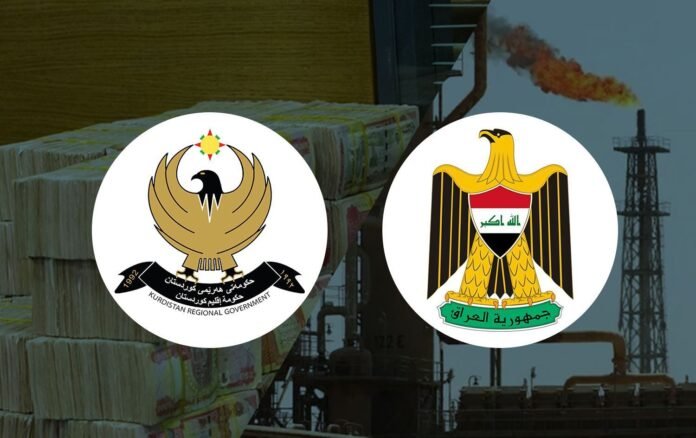Talks between Baghdad and Erbil once again focus on the long-awaited oil export agreement. Both sides now see the September 2nd meeting as a critical step. The Kurdistan Region’s Ministry of Natural Resources and international oil companies will sit down with Iraq’s Ministry of Oil in Baghdad. The outcome could decide the future of salaries, revenues, and regional stability.
The upcoming discussions aim to finalize an oil export agreement that has remained on the table for months. According to parliamentary sources, the negotiations will address exports, financial dues for companies, and technical costs. Officials believe that once both parties reach a clear mechanism, exports can resume quickly.
The Kurdistan Regional Government has already told companies that their financial security depends on amending the budget law. This law, approved earlier this year, defines how much money Baghdad must allocate for oil operations in Kurdistan. The agreement requires Kurdistan to deliver 230,000 barrels daily to the State Oil Marketing Organization, while 50,000 barrels remain for local consumption.
Meanwhile, the budget amendment fixed the extraction and transportation cost of each barrel at $16 for sixty days. Both sides also agreed to appoint an international technical body. This team will review each field separately and calculate the fair costs of production and transportation. That process is designed to prevent disputes in the future.
However, one challenge still complicates the deal. Transporting oil from Kurdistan’s fields to export pipelines adds extra costs. These expenses, ranging from one to three dollars per barrel, must be covered. Baghdad has already indicated that it will shoulder these charges, which may help close the gap between both sides.
Observers believe that resolving the oil export agreement would unlock stalled salary payments in the Kurdistan Region. It would also boost Iraq’s revenues, since Kirkuk production continues to rise. At the same time, international companies expect a clear legal guarantee for their investments.
In the coming days, Baghdad and Erbil will face decisive choices. A finalized oil export agreement would bring fresh funds to Iraq, secure company dues, and stabilize regional relations. Many now see the September 2nd meeting as the turning point in these tense negotiations.


